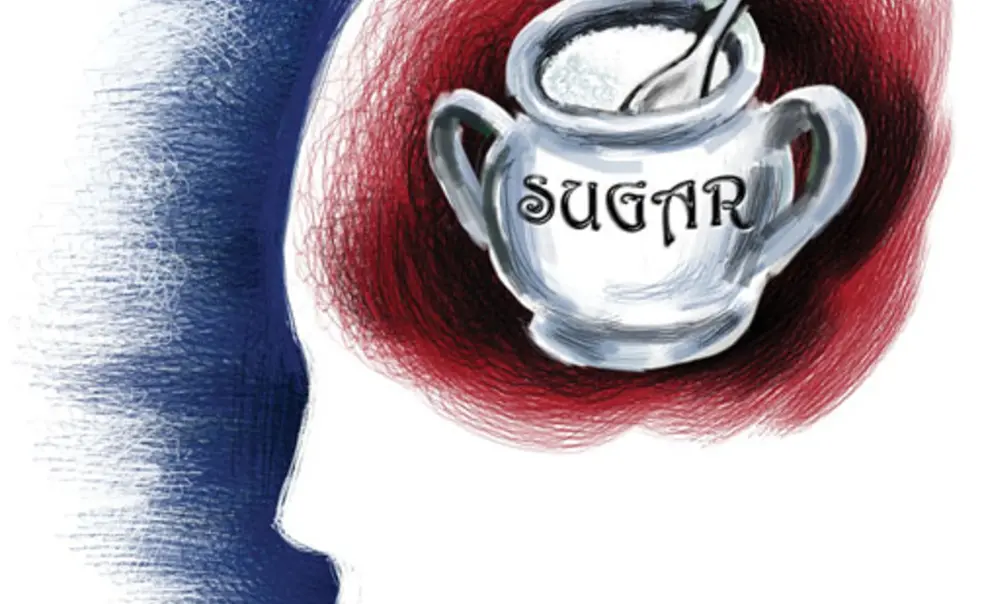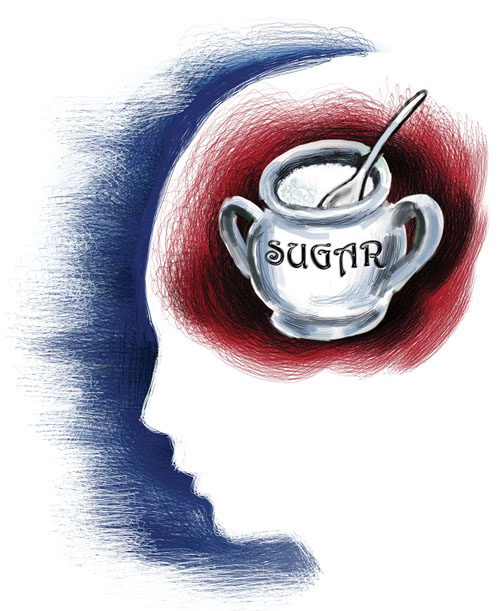FYI–Findings: Sweet science
Sugar lovers, exercise caution: The powder on your donut and the sweet crystals in your coffee may be addictive, according to psychology and neuroscience professor Bart Hoebel. And while his finding may seem obvious, it has a serious side. Studying the neurological mechanisms of sugar addiction might help researchers develop treatments for people with eating disorders. In Hoebel’s recent study, laboratory rats binged on sugar and then were denied access to it. When sugar was reintroduced, the rats showed a greater motivation to eat sugar and consumed more of it, showing a pattern of craving and relapse. Hoebel said in a University release that the finding suggests “long-lasting effects in the brains of sugar addicts.” Hoebel and his colleagues had documented other signs of sugar addiction and withdrawal in previous experiments. He presented his new work Dec. 10 at the annual meeting of the American College of Neuropsychopharmacology.













No responses yet